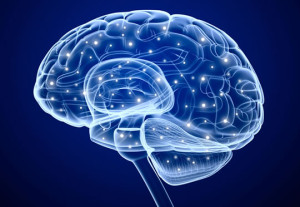 From eating blueberries to playing brain training games, researchers have been searching for ways we can prevent memory loss and dementia as we age.An expert panel that reviewed the research behind hundreds of studies finds that three strategies may help lower the odds of memory loss. These are:
From eating blueberries to playing brain training games, researchers have been searching for ways we can prevent memory loss and dementia as we age.An expert panel that reviewed the research behind hundreds of studies finds that three strategies may help lower the odds of memory loss. These are:
- Getting regular exercise
- Managing blood pressure
- Doing “brain training”
But the conclusion comes with a strong caution that the evidence is modest and doesn’t prove the strategies can prevent the brain disease. Still, the report, released today by the National Academies of Sciences, Engineering and Medicine offers hope that lifestyle changes could help prevent decline in thinking and memory.
“I think the bottom line is, there are some areas of hope and encouragement,” says panel member Dan Blazer, MD, PhD, of Duke University School of Medicine in Durham, NC.
To create the 149-page report, titled “Preventing Cognitive Decline and Dementia: A Way Forward,” the expert panel evaluated evidence from hundreds of studies called randomized clinical trials, considered the gold standard for scientific research. They also looked at evidence from other types of research.
Preserving memory and thinking skills is especially crucial. More than 5 million Americans now have Alzheimer’s disease, the most common form of dementia, according to the Alzheimer’s Association. By 2050, the numbers could reach 16 million. Treatments are elusive, with no new drugs approved for more than a decade. Those drugs that are approved may help slow the disease but are not a cure.
The panel stopped short of recommending everyone use the strategies, saying they need more research that shows how well they work.
More on the Top 3 Strategies
Some research has found that managing high blood pressure, especially from ages 35 to 65, lowers the chance of having dementia.
While previous research has found that some blood pressure drugs can cut the odds of having Alzheimer’s better than others, what seems to matter most, is not the specific drug used but that blood pressure is controlled, Blazer says.
Research has also linked regular exercise with a healthy brain, but the studies reviewed were not consistently positive, the panel found. “Exercise is a good thing,” Blazer says. But there’s not enough research to pinpoint how much is needed or what type of exercise is best.





